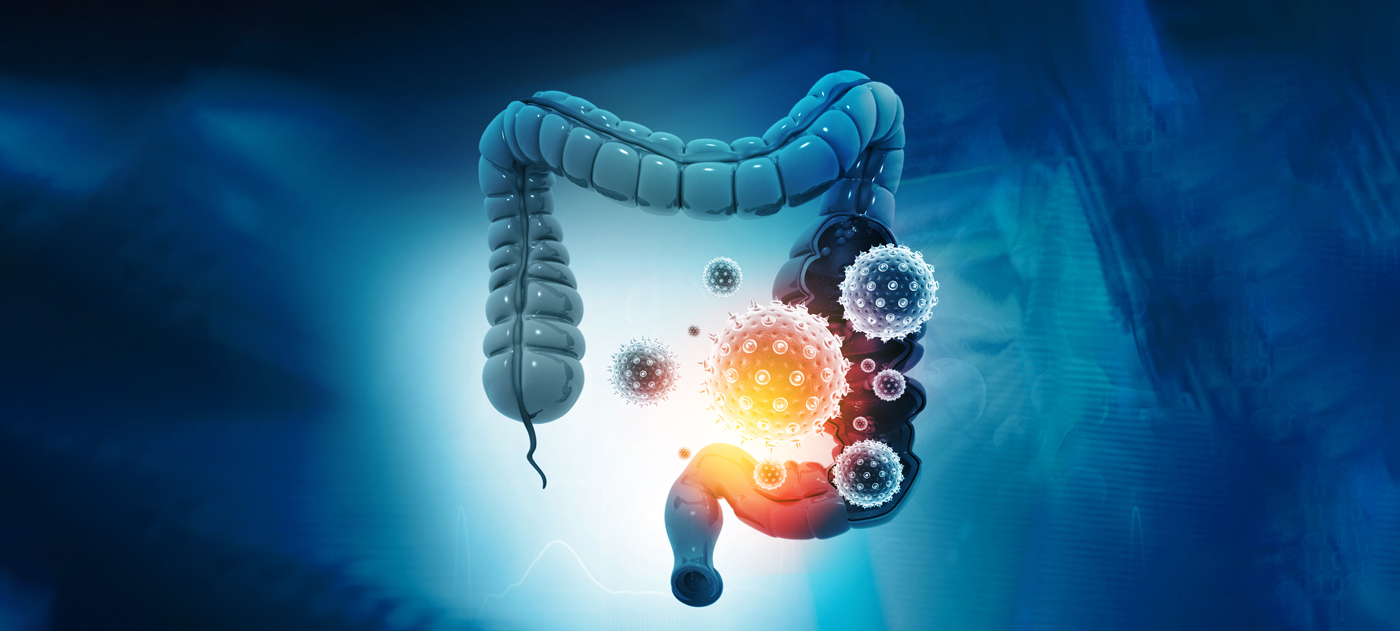Long COVIDi, ii, is a recently identified syndrome with a large unmet medical need. Current estimates suggest that from 30-80% of patients who recover from an acute episode of COVID-19 will continue to have one or more symptoms at least 4 weeks later.1, 2 Long COVID is a systems-wide disease with variable symptoms that can affect multiple organs depending on the individual, including the brain, heart, lung, nose, kidneys, liver, pancreas, skin and joints. 1, 2, 3, 4 Some of the most common symptoms are dyspnea, exertional fatigue, cognitive blunting (eg. ‘brain fog’ or forgetfulness), headache, and hair loss.1, 2 Symptoms of psychological distress including anxiety, depression, post-traumatic stress disorder, and sleep abnormalities also are commonly reported.1, 2 Recent evidence suggests there is considerable overlap in symptoms between long COVID and myalgic encephalomyelitis/chronic fatigue syndrome (ME/CFS),5 another syndrome that may include an acute viral infection as well as increased intestinal permeability as part of its etiology.
Because acute COVID-19 is primarily a respiratory illness, treatment, and support for gut function is often a neglected part of patient care. However, increasing evidence suggests that an acute SARS-CoV2 infection acts via a “gut lung axis” to set up a positive feedback loop of pathology that impairs functioning of both the lung and the gastrointestinal tract (GIT).6, 7 Ongoing dysfunction in the GIT following an acute episode of COVID-19 could play an important role in the persistence of symptoms in a number of ways: 1) creating a hyperpermeable epithelial barrier (i.e. a leaky gut) that allows commensal microbes and other gut antigens to cross into the blood stream and act as ongoing sources of proinflammatory triggers, 2) interfering with the normal control and balance of the mucosal immune system and, 3) contributing to an imbalance in the numbers and types of intestinal microflora (i.e. dysbiosis). Dysbiosis would further contribute to hyperpermeability in the gut, increased proinflammatory tone as well as immune system imbalance.8
An increased awareness of the role of a leaky gut in long COVID provides naturopathic doctors with important clues to support recovery of patients with long COVID, including the use of dietary interventions, supplementation (eg. Zinc/ Zinc carnosine, L-tryptophan, L-glutamine, Vitamin D), probiotics and prebiotics to support healing of the GIT.9 It is clear that long COVID is a dynamic, multisystem disease and therefore, is best treated using a comprehensive, holistic and interdisciplinary approach.10 Naturopathic doctors have the necessary training, skills and medical knowledge to be included as part of the multidisciplinary team needed to safely and effectively treat patients with long COVID.
Footnotes:
i) Baig AM. Chronic COVID Syndrome: Need for an appropriate medical terminology for Long-COVID and COVID Long-Haulers. J Med Virol. 2020 Oct 23. doi: 10.1002/jmv.26624
ii) There is currently no scientific or medical consensus on naming this syndrome. Different names including Long COVID, post-acute COVID syndrome, and post-acute sequelae of SARS-CoV2 infection (PASC).
References:
- Lopez-Leon S, et al. medRxiv [Preprint]. 2021 Jan 30:2021.01.27.21250617
- Nalbandian A, et al. Nat Med. 2021 Mar 22. doi: 10.1038/s41591-021-01283-z. Epub ahead of print.
- Dennis A, et al.BMJ Open. 2021 Mar 30;11(3):e048391
- Lutchman singh DD, et al. Chest. 2020 Nov 4:S0012-3692(20)35125-4
- Stefano GB. Med Sci Monit. 2021 Feb 26;27:e931447
- Ahlawat S, et al.. Virus Res. 2020 Sep;286:198103.
- Giron, L. B. et al. (2020). Severe COVID-19 Is Fueled by Disrupted Gut Barrier Integrity. medRxiv preprint.
- Ferreira C, et al. 2020 Oct 1;8(10):1514
- Hu J, et al. Trends Food Sci Technol. 2021 Feb;108:187-196
- White-Dzuro G, et al. Postgrad Med. 2021 Jan;133(1):20-27


